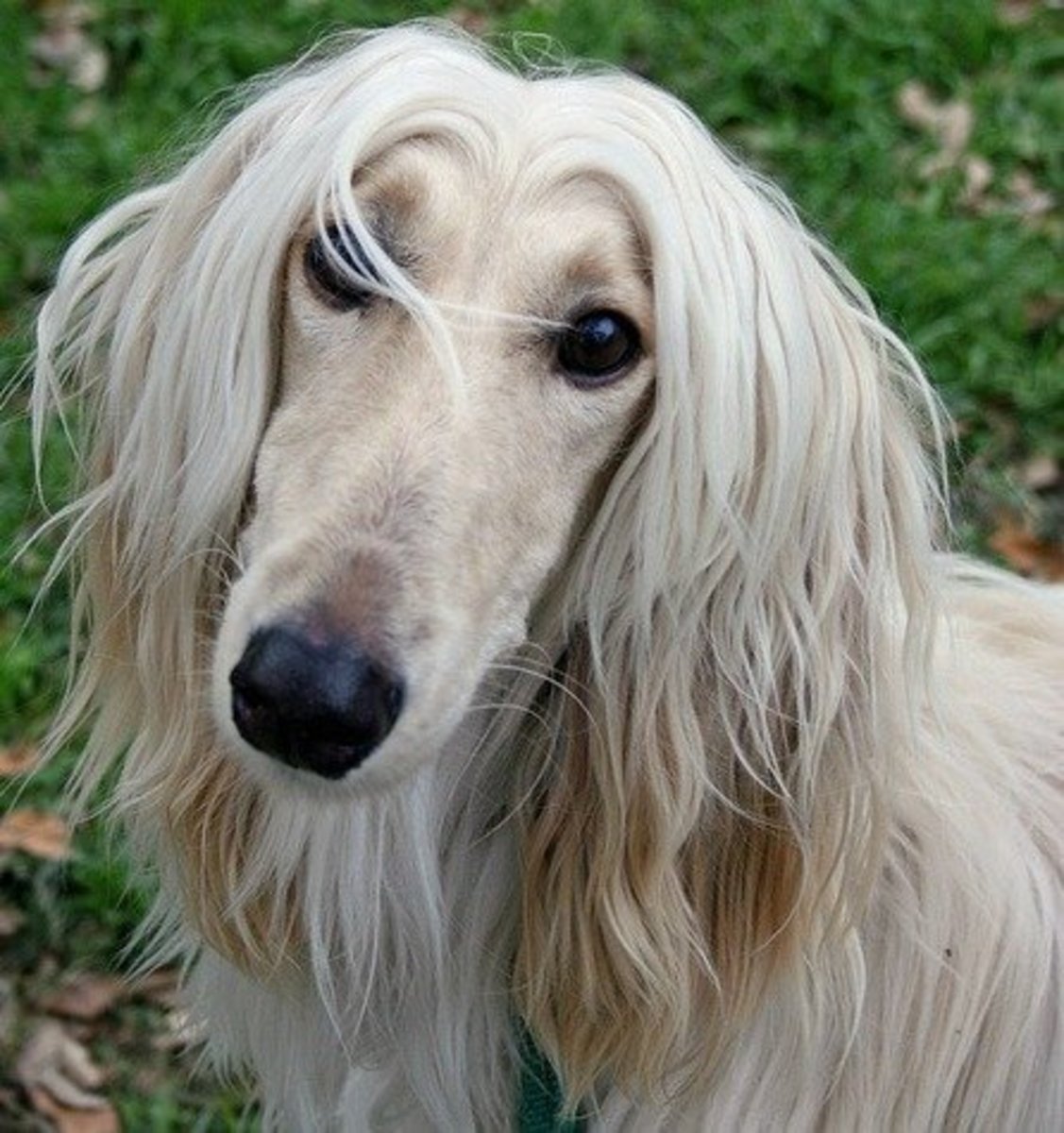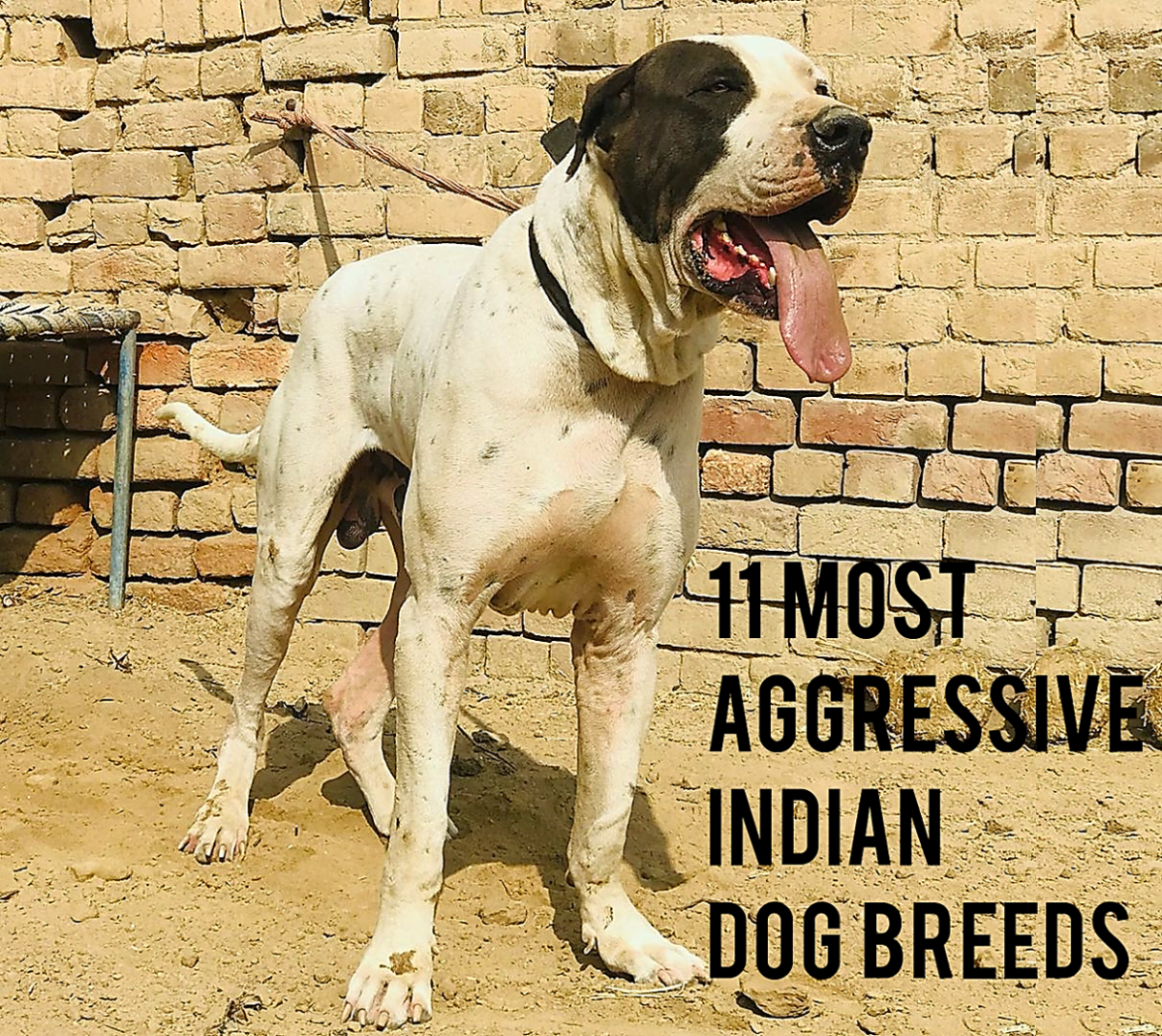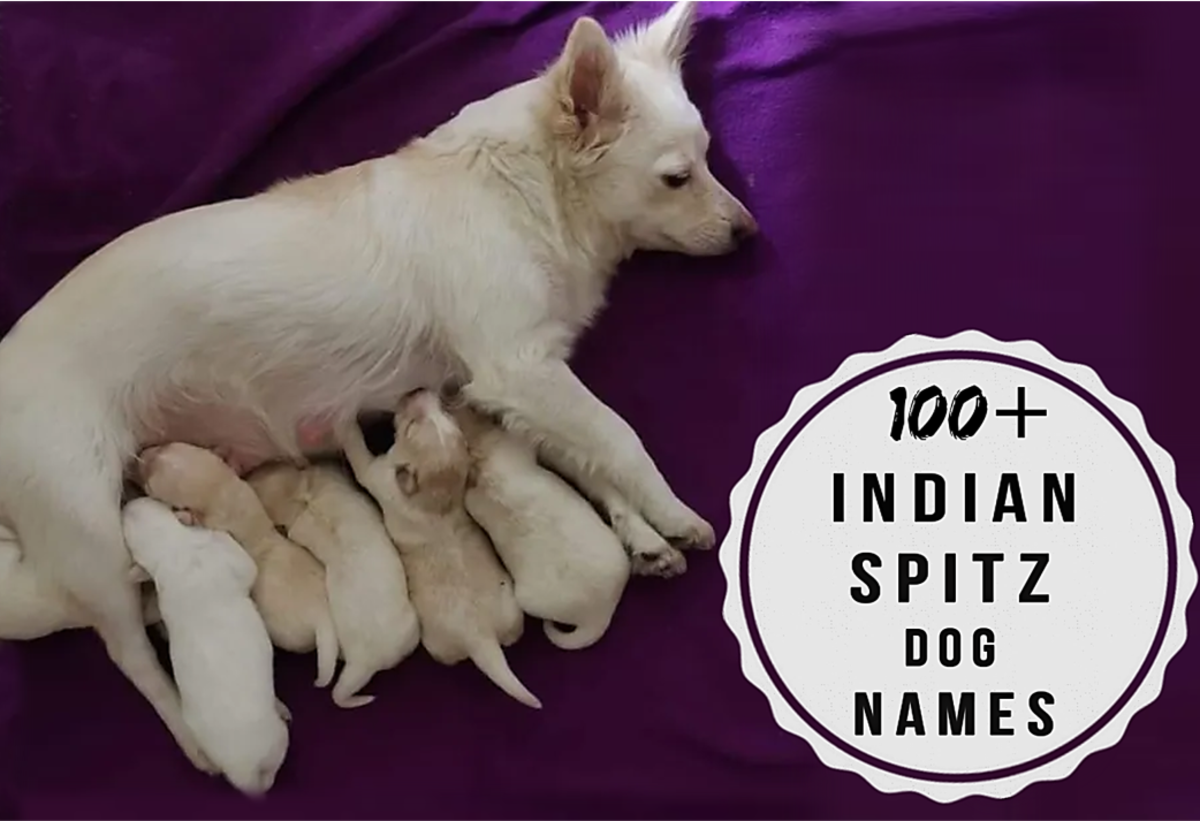Understanding dogs and their personalities
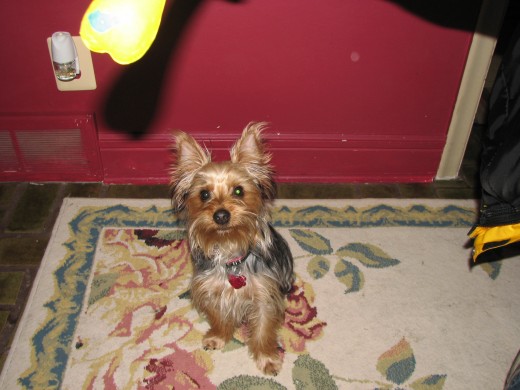
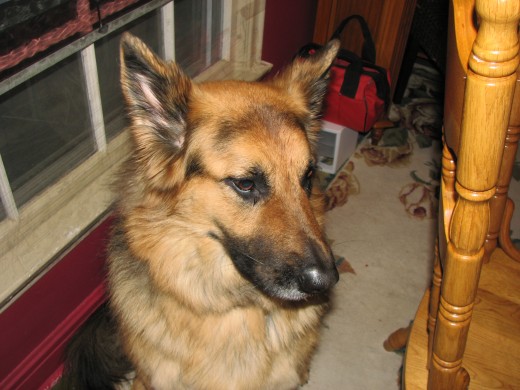
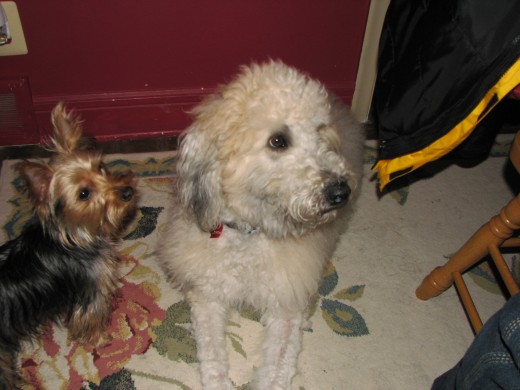
Dogs and their personalities
As a child of seven, I could boast that I knew every breed of dog found in the world. I combed over dog books voraciously to take in all the information I could about these four legged beasts. I trained the dogs in the neighborhood for their owners. I saved my allowance to buy the cheap canned dog food at the corner store, so I could feed the multitude of strays that I collected each day on the streets. I was the canine control in my neighborhood and to the disdain of my parents, I bathed, fed and trained each dog that gathered daily in my yard. The brood never quarrelled nor elicited fights with each other, much to my surprise.
As an adult, I chose to train my dogs on my own; not enlisting them in a local pet school. Perhaps with some of my animals, a formal schooling would have been a wise choice. Most of my success however, lies within the breed that is being trained. Just as people are born with differing levels of IQ and motivation, I believe dogs are too. I will comment on breeds that I have trained and worked with since my youth and the ease or difficulty in working with them.
French poodle. The poodle, whether standard or miniature in breed is a dog that is loyal to its human companion. They are people oriented and appreciate lots of human interaction. I worked with a miniature poodle. He was not neutered and I believe some of his aggressiveness stemmed from this fact. He found it necessary to mark every foot of his walking journey. He was easy to teach simple tricks to; roll over, sit, beg, speak, etc. and learned quite easily with treats and lots of affection. He was very protective of women and those that worked closely with him. As a sister to four brothers, I found it wonderful to have this little dog jump to my defense with growls and nips if I was suddenly attacked by my brother. My parents didn't agree and banned the dog from the premises. These dogs however are yappy and bark at everything and everyone he felt was a threat to his loved ones. Poodles do not shed but do require grooming on a consistent basis to prevent matting.
Irish Setter. I worked with two Irish Setters and found them to be quite air-headed. They didn't seem to think about anything but the item that caught their attention at that moment. Beautiful animals and good with children that they grow up with; however, I never found them to be that interested in people outside of their own family. They liked to run and play escape when given the opportunity and one of them became lost and never found when her owner took her to explore the Rocky Mountains with him. The other, was soon given away to a family on a farm that had more room for the dog to roam, as they couldn't continue to fix the screen doors and the stakes in the yard that had been destroyed by their dog. Fly by the seat of their pants... I guess I would describe an Irish Setter as the dog most likely to suffer from ADD! They think life is a blast and enjoy hard workouts and lots of patience when training. Not a dog to keep in a small house, small yard or with someone that is gone all the time.
Collies. I had two rough-coated collies and I loved them. Smart dogs (although one of mine I believe was a bit challenged and took longer to train) but very nervous. Very prone to many intestinal disorders and emotional problems. Both ended up having to take an equivalent to doggy Prozac because these dogs worry all the time. They feel a need to protect the family, the house, the children and they would take turns laying in front of the kids' bedroom doors all night to make sure they were safe. Both dogs needed quite a bit of grooming and problems with hips and blindness occurred when they hit 12 years old. Then, the demise was quicker than I had expected. These intelligent animals however, were so easy to train and they never left my side while walking or wandered from the yard. The welcomed people that I opened my arms to and stood by my side when strangers approached my door. If my children ran toward the open field, one would herd them back to me as the other barked an alarm. Loving, sweet dogs. Just be ready to deal with their emotions and digestive problems.
Old English Sheepdog. I have to admit that the Old English I owned was a rescue dog. He had been abused and perhaps, some of his quirks resulted from this. He didn't like children but tolerated them. He required more grooming than I had time for because he matted up tremendously each week. He patiently allowed me to work on him though. He was bright and found ways to release himself from his tethers. He also had seperation anxiety and would have intestinal problems if left boarded for a weekend. He was playful and quirky and loved rawhides and chews. He learned quickly to heel, do simple tricks and loved having his picture taken if promised treats for his actions. I believe if he had been raised by a family of people that took care of him, his disdain for children wouldn't have existed. Sheepdogs are big piles of hair that want to be with their family.
Golden Retriever. I know why so many people get this breed of dog. They are incredibly loyal, playful, happy dogs. Mine was a rescue dog of about 4 years old. He had heart worm when I found him and even though he was sick, he attached himself to me and became mine immediately. His loyalty amazed me. I took him to work with me; at a group home for developmentally disabled adults and he would carry out my routines of waking the clients with licks, help alert me if someone needed assistance and give unconditional love to all that lived there. He was a great therapy dog. He went everywhere with me and never wandered from my side. His only nemesis was sleeping/laying on all my furniture. I couldn't break him of that. Or, his separation anxiety when I went to work...he would unroll my toilet paper and paper towels while I was gone if I didn't hide them. Sweet to the end, he was one of the best dogs I had ever owned.
Yorkshire Terrier. The boss. At least they think they are. I have a male Yorkie that thinks he is a Mastiff in size. A yappy little thing that irritates the neighbors with his endless barking. I truly am looking into a collar that will eliminate his need to bark incessantly. He was very difficult to train as well. Almost a year and he is finally house broken. It took a couple months to crate train him too. He loves his crate however and cannot sleep at night unless he is in it (or allowed once in a while to sleep with us at night on the bed). He loves treats but feels as if he must roll all over it and "kill" it first by throwing it up and down and around the house. He will not eat while the other dogs are eating either. Always wants what the other has and will cry and moan while the other two feast. When he sees nothing is left, he will then proceed to very slowly eat his own meal. He loves to sleep on furniture and rarely on the floor. I don't spoil him and dress him up. In fact, he acts embarrassed if I try to put a doggy coat on him during the winter, but if I don't, I know he'll freeze to death! Yorkies are very loyal to their family. He doesn't like to leave his home unless his owner is with him. While there are four of us in the home, I am his "owner" and he stays close to me most of the day. My daughter is his second choice and he will play with her endlessly before coming back to lay by me. Yorkies are not always friendly with strangers as they feel anyone new is a threat to their loved ones. It is important to introduce a Yorkie to a lot of people and other dogs when it is young to develop a tolerance for change in the household.
Wheaton Terrier. Terriers are often thought to be small, but the Wheaton is a large sized dog, weighing around 50-60 pounds. They are very skittish and afraid of their own shadows. Wheatons are also very difficult to train and housebreak; not something that was pointed out to me when I brought my own bundle of fur home. They are dark brown complete with white eye masks and black beards as puppies and turn a light wheat color, perhaps marked with apricot and some black as they become adults. They require a lot of grooming as they mat up terribly. They love treats and while they don't relish laying for over an hour while you tediously brush out mats from their fur, they will "hug" you and kiss you for any attention that they receive. It took my Wheaton months to be crate trained. He would mess his crate with both urine and fecal matter and didn't seem to be bothered by it as much as I was. A stern voice is enough to send this pooch running to a corner so trainers of this breed need to be patient and soft spoken to get the behaviors they want. Wheatons are fast! They love to run and play like puppies most of their life. When I take my dogs to the woods, my Wheaton runs ahead and out of my sight as if running a race. He will come when called but it is necessary to call him constantly! I wouldn't say he's the sharpest tool in the tool shed but he's loveable. Very sweet tempered and wants to cuddle all the time and just be given love. If you are looking for a dog that you can snuggle with, spoil and spend lots of time with, then a Wheaton is for you.
German Shepherd. I love my long-coated shepherd. I have never had nor worked with a dog with the level of intelligence, loyalty and skill level as my shepherd. Nothing throttles her. As a pup, she sat and watched her first fireworks without moving a muscle, as she sat calmly by my feet. She trained easily and looks you right in the eye all the time as if trying to read your mind or anticipate your next move. She loves and is protective of all children; often stepping in front of parents coming to gather their kids from our house as if to say that she is making sure that their kids are under her watch. She is loyal to me; her owner and refuses to get into a vehicle unless I am boarding at the same time. She is constantly thinking and finds ways to outwit the other dogs and the cats in the house. She is playful and also protective. While she has never bitten anyone (and I hope she never has to), she has made it known to strangers at night while we are walking that they need not approach me if they want to keep their leg! Even though she is long-coated, I need only groom her 1-2 a month. She just needs to be rid of her undercoat. Shepherds do shed a lot! Even short haired. Many shepherds have allergies as well and need to be fed top quality foods to keep skin nourished. Shepherds train beautifully with treats and verbal praise. Wonderful dogs! It is very important to socialize your shepherd from puppy hood to assure a social and friendly animal.
Beagles. I have found in my trainings of Beagles, that they are difficult dogs to teach. Very hyper-active and they have an immense need to run. They can be consistent barkers but many can be trained not to bark all the time. Beagles need to be given a lot of exercise and they prefer this exercise in large, open areas; not on leashes if possible. They love to hunt and seem to have an innate feature that allows them to track and find other animals. They love to roll in dead, smelly animal carcasses or jump in stagnant ponds and rivers. They are not a high maintenance animal as far as grooming goes but high maintenance as far as making sure they have enough exercise. They love most people but can be protective of their homes.
Labrador Retrievers. These dogs seem to differ in personality among their breed. I have worked with some that were quick learners, good listeners and had no difficulty in following the lifestyles of their owners. I have also worked with some Retrievers that were similar to the lab in the Marley movie- impulsive, destructive and possessing a mind of their own. I don't know if this is a result of inner-breeding, early experiences of the pup or just plain personality. As labs age, they do tend to mellow out more, however, I have seen more aggressive behaviors in black labs than I have in yellow labs. I don't know why. I have witnessed two attacks on people by two separate black labs which makes me question if the breeding of them is being done improperly. Just a guess. I have nothing to back my statement on. Labs are loving, loyal to their family and bright animals. They are more hyper than Goldens and require a more vigorous workout and more time outside exercising.
These are just a few of the breeds that I have personally worked with or do/have owned. I am not a certified trainer but have loved dogs my entire life and have devoted a lot of my time to learning about dogs, the different breeds and how they react to training, people and children.
I do want to mention mixed breeds and wolf hybrids before mentioning some specific items I have used in my trainings. Mixed breeds can be the best bet for family dogs and you can find millions of them at shelters. Since mixed breeds avoid the inbreeding or over-breeding that can occur in many purebreds, you don't have to worry as much about health issues one specific breed may encounter or personality issues purebreds may have attached to them. It isn't possible to know size, weight or training ability of a mixed breed dog but those I have worked with have been lovely, pleasant animals to work with that want to please their owner.
I worked with one wolf hybrid that was also part labrador. This dog was highly intelligent and very protective of me. It did not attend to its owners commands, rather would listen only to me. Since wolves are pack animals (dogs are in general, but our domesticated pets look to family as their pack), this dog attached itself to me since I was his alpha. The end results didn't work out for his owners and I was dismissed as his teacher so they could establish themselves as the alpha. He eventually responded well to this. I must say however, that I will always appreciate his loyalty to me. I was 13 when I worked with him and was being chased and attacked by a large dog one day. This dog heard my screams three blocks away and ran to my defense; attacking the dog (and severely injuring it) so that I could run home to safety. The next day, my canine friend greeted me as I walked to school and I told his owners of his heroic deed. My only concern for this animal was that I knew he had the ability to dangerously hurt or even kill another animal. The family moved shortly after this incident and the dog went with them. I have always wondered if that incident sparked within the dog an instinctual need to protect his family through a vicious attack. I hope not. While I loved this animal, I also know that his genetic combination could end up being his demise. I don't recommend hybrids for this reason.
In training, I use the following:
Puppies: lots of little bite sized treats, a soft slip collar for initial walking, a crate for the first year of life and longer if chewing and destruction of household items is a problem, lots of squeaky toys (dispose of them once they are ripped open or squeaker exposed), balls, long lead to teach "come" (pull puppy toward you upon command and give lots of praise) and a regular collar to be worn all the time with ID tag.
Older puppies: bite sized treats to be given every other command, shorter lead for teaching heel and a choke chain only to be used correctly and when walking to teach heel, sit (at curbs or when stopping). Continue crate but up-size if the first becomes too small. Put bedding inside once puppy stops eliminating inside of the crate. Continue with wearing a collar at all times with ID in case puppy gets lost.
As you approach a year: give treats sporadically; not all the time. Set up a walking schedule and continue to practice heel, stay and sit. Give more verbal praise.
Bedding should be absorbent and soft. Dogs get overheated easily to keep crates in cool areas in the house and out of the sunlight. Keep crates where family will be around so dogs associate the crate as a den and not a punishment.
Collars should be flexible so as not to provide discomfort to the dog. Harnesses should be used with tiny dogs as their necks are not strong enough to withstand sharp jerks.
Treats I use are: liver treats, milkbones, pressed rawhide to build strong teeth and they take forever for dogs to chew, nylabone treats, pig ears for older dogs, jerky and commercial type treats made for dogs.
Most important: dogs need attention and love! Don't buy a dog to put outside and forget about. They need to feel a part of your pack. Enjoy them and love them.
© 2009 Laura Cole

